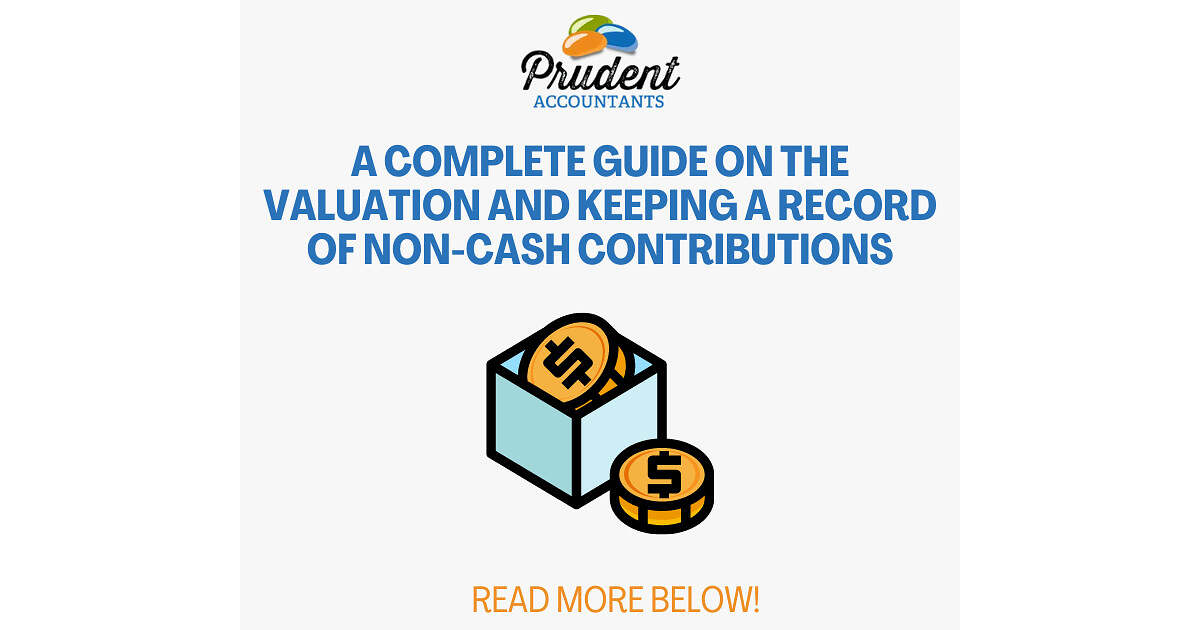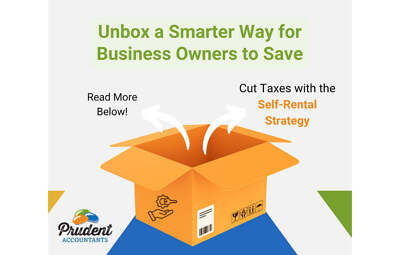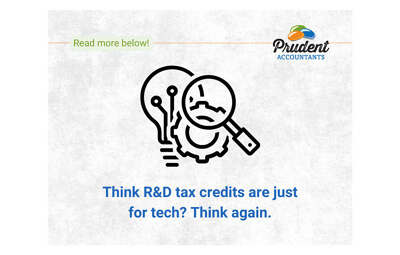A Complete Guide on the Valuation and Keeping a Record of Non-Cash Contributions

Donations that do not take the form of cash but instead take the shape of commodities, services, or other assets are referred to as non-monetary contributions. Items like clothing, furniture, equipment, and even volunteer services are eligible as contributions.
Non-profit organizations (NPOs) can accept donations in different forms, including non-cash contributions. The non-cash donations are crucial to NPOs because they enable them to operate and meet their objectives without paying a lot of money out of pocket, support their mission, and boost productivity. However, to fully benefit from non-cash contributions, NPOs must fairly value and record them. If they need the in-house team to handle this crucial task, they must consider hiring a professional team to maintain flawless records for the non-cash contributions they often receive in cash or kind.
Correct Valuation of Non-Cash Contributions
The valuation of non-cash contribution is essential because it establishes the revenue a non-profit organization will recognize. The non-cash contributions should be valued using fair value, the amount the non-profit organizations would get if they sold the item reasonably.
NPOs should consider the item’s condition, the market worth of comparable items, and the item’s planned use when determining the fair value of non-cash contributions. So, for example, if an NPO receives an old computer as a donation, it should consider the device’s age and condition and compare its market value.
Correct Procedures for Maintaining Non-Cash Contribution Records
NPOs must accurately reflect non-cash donations in their financial accounts after valuing them. The measures that NPOs should take when recording non-cash contributions are as follows:
Include Donor’s Name and Date of Donation – NPOs must disclose both the donor’s name and the date of the non-cash donation. The donor’s eligibility for tax deductions will depend heavily on this information.
- Evaluate the donation’s fair market value – The NPO should evaluate the non-cash contribution and then record it in its financial statements at its fair value. Documentation such as an appraisal, market value projections, or other pertinent information should support the fair value.
- Categorize the Donation Correctly – Non-profit organizations (NPOs) should classify non-cash donations based on their types, such as products or services. The NPOs can appropriately disclose their non-cash contributions thanks to this categorization.
- Keep a donation record – The non-cash contribution should be entered into the NPO’s accounting software. The journal entry that debits the asset account and credits the revenue account should be used.
- Acknowledge the Donor – The NPOs must thank those who donated the non-cash. This acknowledgment is a way to say “thank you” to the donor and acts as official tax paperwork.
Flawless Accounting is akin to a Flawless Reputation.
Accurate valuation and recording of non-cash contributions are essential for NPOs because they affect their financial statements, tax status, and donor relationships while improving transparency and accountability in financial reporting, which is crucial for maintaining donor trust. It also ensures compliance with accounting standards and tax laws. Thus, to help with accounting and financial planning, professionals like CPA firms, accountants, and tax accountants have the expertise and experience invaluable for small companies or NPOs. Hence, hiring a firm such as Prudent Accountants, whose professionals have the expertise and knowledge to help with small business financial planning in Minneapolis (Minnesota), gives small businesses the freedom to grow and manage their businesses.








